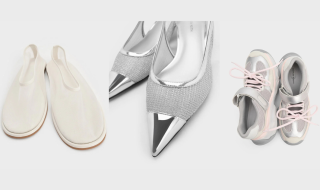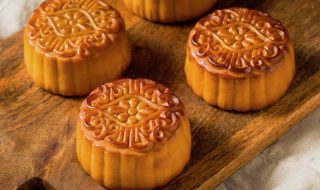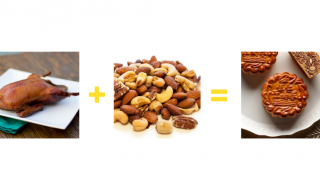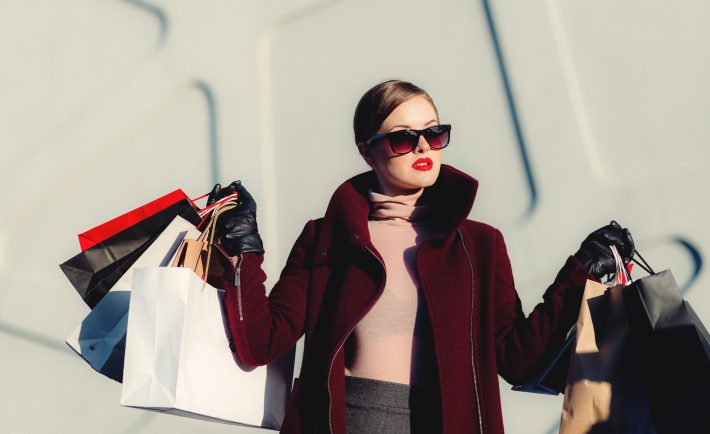
Nowadays, there is a collective desire to be more conscientious about our spending habits. This newfound mindfulness manifests in various motivations, including concerns for the environment, alignment with personal values, financial prudence, and even a deliberate resistance to the seductive allure of consumerism. Nonetheless, it’s crucial to recognize that not everyone consistently adheres to these aspirations.
Just take a look at the Singaporeans who are obsessed with luxury goods! In fact, their presence is projected to grow by 3.49% from 2023 to 2028. The demand for luxury goods often surges in tandem with income growth. In times of economic prosperity, people tend to loosen their purse strings, indulging in items they desire rather than truly need.
Luxury goods, by definition, are non-essential items, luxuries that transcend the realm of basic necessity. Let’s take a deep dive into why luxury brands are designed to keep you poor.
PSYCHOLOGY BEHIND LUXURY CHOICES
The allure of luxury items frequently commences with the experiences offered by luxury establishments. Companies adroitly harness emotions to elevate luxury goods beyond mere possessions, fostering an emotional connection between the product and its owner.
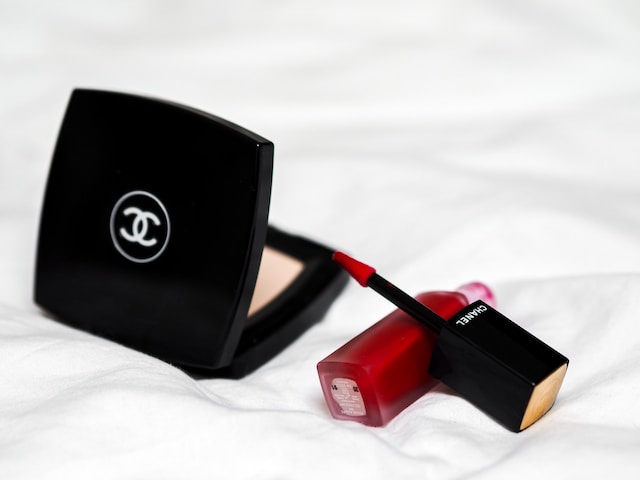
Image Credits: unsplash.com
In the age of online shopping, a S$500 scarf is just a click away, rendering luxury goods an enticing option for retail therapy. Furthermore, a sense of accomplishment propels many individuals to splurge on luxury goods, a form of self-reward for hard-earned success, affording something that would typically remain beyond their grasp. I felt the same self-rewarding emotions when I bought my first designer bag.
COST OF EXCLUSIVITY
Distinguished luxury brands like Chanel and Hermes thrive on the concept of exclusivity. They deliberately curtail production or availability, rendering their products challenging to attain and thus highly coveted. This exclusivity taps into consumers’ innate desire to feel unique and possess something rare.
Consider the prestige associated with owning a Hermes Birkin bag, whose price starts from S$13,900; it compels some to lavish spending on items they may not genuinely require or desire. In some cases, brands like Burberry and Louis Vuitton have gone as far as destroying unsold inventory to preserve their aura of exclusivity.
PURSUIT OF EXTERNAL VALIDATION
Humans possess an inherent inclination to seek validation from their peers and correlate their self-worth with the capacity to acquire luxury items. Owning luxury goods becomes a tangible symbol of success and affluence, a means to showcase personal accomplishments.
Brands keenly grasp this dynamic, evident in their offering of mid-priced products adorned with their logos. The proliferation of “flex culture” or “logomania” on social media further fans the flames of this desire for external validation, transforming it into a competitive exhibition of wealth and success.
IRRATIONAL CONSUMER CHOICES
Consumer decisions do not always adhere to the tenets of rationality. A perfectly rational individual would consistently act in their best interest, including their financial well-being.
However, human behavior is innately influenced by emotions, leading individuals to make choices that may not strictly align with rationality and your financial circumstance.
IN A NUTSHELL
Whether driven by a sense of accomplishment, a quest for external validation, or simply to invoke a particular sentiment, individuals may opt to invest in luxury items, irrespective of their financial circumstances.
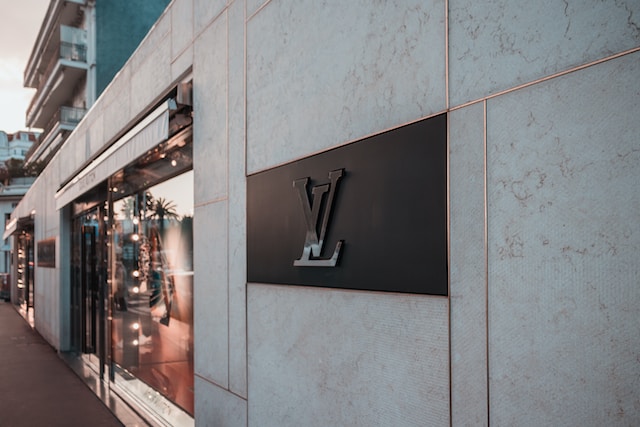
Image Credits: unsplash.com
These choices underscore the intricate interplay of emotions and motivations that underpin our spending habits. It’s up to you to be mindful when it comes to your luxury purchases.


